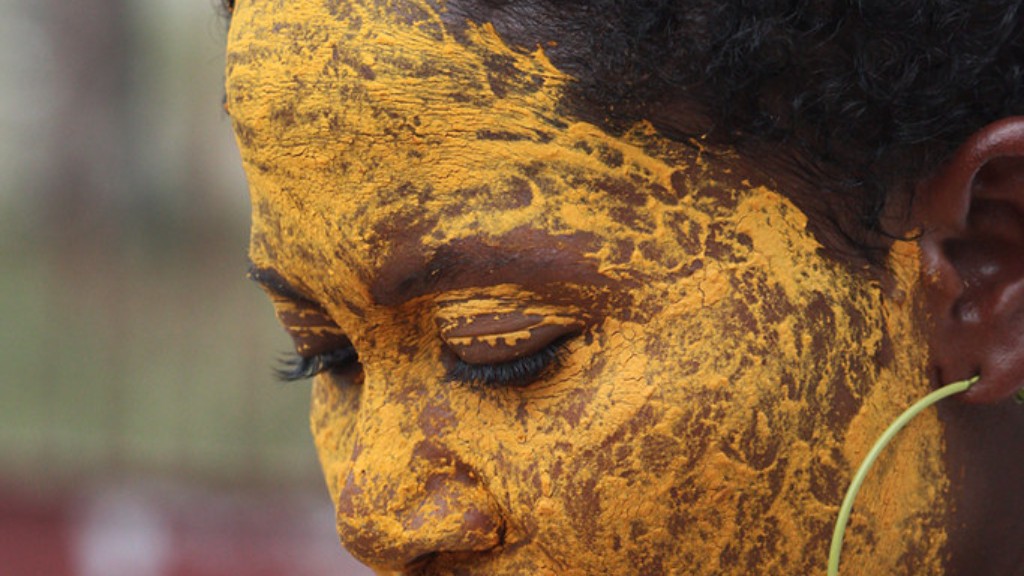Does Madagascar Have Good Education?
Education is a fundamental pillar for the development of any nation, shaping the future generation and enabling economic growth. However, when it comes to Madagascar, an island nation off the southeastern coast of Africa, the state of its education system raises concerns.
Madagascar has long struggled with providing quality education due to various socio-economic challenges. With its high poverty rate and limited resources, the country’s education system has been unable to meet the needs of its population adequately. As a result, illiteracy rates remain high, limiting opportunities for personal growth and contributing to the cycle of poverty.
In Madagascar, approximately 67% of the population lives below the poverty line, making it difficult for families to prioritize education. Limited access to basic necessities often forces children into labor at a young age, hindering their ability to attend school regularly and acquire essential skills for a better future.
Moreover, lack of infrastructure and properly trained teachers further exacerbate the education crisis in Madagascar. Many schools lack basic facilities such as classrooms, textbooks, and even qualified educators. This absence of necessary resources hinders the learning process and leaves students without the tools they need to succeed.
The Current State of Education in Madagascar
To better understand the situation, let’s take a closer look at some concerning statistics:
- In Madagascar, the primary school net enrollment rate is only 77.1%, leaving approximately 23% of children out of school.
- The literacy rate for adults over the age of 15 is 63.7%, with a significant gender disparity (71.9% for males and 55.9% for females).
- Only 3% of the national budget is allocated to education, reflecting a lack of prioritization and investment.
These figures highlight the urgent need for improvement and greater attention to education in Madagascar. The government, along with international organizations, recognizes the gravity of the situation and has taken steps to address the challenges.
Efforts to Improve the Education System
The government of Madagascar, in collaboration with international partners, has made efforts to improve the education system and ensure quality education for all. Some key initiatives include:
- The Education for All (EFA) Fast Track Initiative, which aims to accelerate progress towards achieving universal primary education.
- The implementation of free primary education, reducing financial barriers for families.
- The expansion of vocational training programs to equip students with practical skills for employment.
- Partnerships with non-profit organizations to enhance access to education in remote areas and support teacher training.
While these initiatives are steps in the right direction, the magnitude of the challenges requires sustained efforts and collaborations from all stakeholders.
The Role of Education in Overcoming Challenges
Education plays a vital role in empowering individuals and communities to overcome challenges. By investing in quality education, Madagascar can address the root causes of poverty and foster sustainable development.
A well-educated population can contribute to economic growth by driving innovation, attracting investments, and improving productivity. Additionally, education can empower individuals to make informed choices about their health, family planning, and overall well-being, leading to improved living conditions and a brighter future.
The Way Forward
To achieve significant improvements in the education system, several key actions should be considered:
- Increased investment: The government needs to allocate a greater portion of the national budget to education, ensuring sufficient resources for schools, teachers, and students.
- Improved infrastructure: Building and renovating schools, along with providing essential facilities, will create an enabling environment for learning.
- Enhanced teacher training: Investing in the professional development of teachers will elevate the quality of education and empower them to deliver engaging and effective lessons.
- Promote community engagement: Involving parents, local communities, and non-profit organizations in education initiatives can create a sense of ownership and foster sustainable progress.
- Address gender disparities: Implementing measures to ensure equal access and opportunities for boys and girls will contribute to a more inclusive education system and gender equality.
Transforming the education system in Madagascar is a complex task that requires collaboration, innovation, and long-term commitment. By investing in education, the nation can equip its youth with the skills and knowledge they need to thrive and become agents of positive change.



